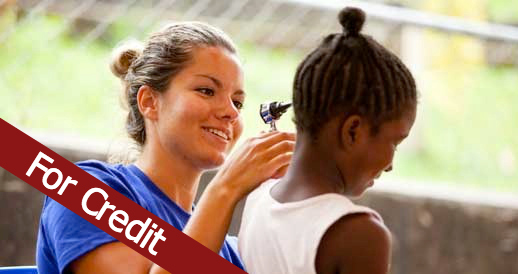
Satesh Bidaisee DVM, MSPH, FRSPH
Dr. Satesh Bidaisee is an Associate Professor and the Deputy Chairman for the Department of Public Health and Preventive Medicine at St. George’s University, School of Medicine. He has previously held positions at the University of Trinidad and Tobago and the Ministry of Health in Trinidad and Tobago. Dr. Bidaisee is a graduate of the University of the West Indies, Faculty of Medical Sciences, St. Augustine, Trinidad and St. George’s University, School of Medicine, Graduate Studies Program.
As a research investigator, Dr. Bidaisee supports community based participatory research and service activities along his interests which include Zoonotic Disease Prevention and Control, Emerging Infectious Diseases, Food Safety and Food Security and the pursuit of the One Health concept. Research projects include Chagas Disease prevention and control programs in South America, Vector Borne Disease Control in the Southern Caribbean and Graduate Medical Education. Dr. Bidiasee is a Fellow of the Royal Society of Public Health and holds memberships to the International Society on Infectious Diseases, the Association of Accredited Public Health Programs and the American Public Health Association. Dr. Bidiasee also serves as a referee for the International Journal of Advanced Life Sciences and extensively writes on Zoonotic Diseases of Human Health Significance and the One Health, One Medicine Concept.

